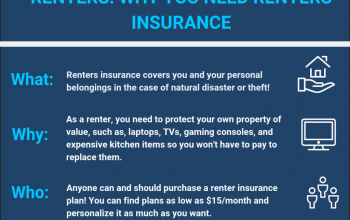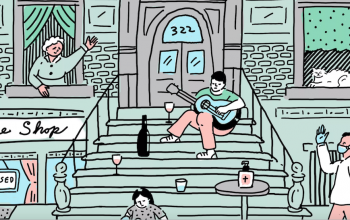
Your relationship with your landlord is like any other relationship, which means that sometimes it goes bad. Maybe you’ve got your eye on an upgrade, maybe a life situation has forced you to tighten your belt, or maybe you’re just tired of paying mid four figures for a space barely suitable for lawnmower storage. Whatever the reason, you’ve decided to break your lease. The only problem is, a lease is a binding legal document; if your landlord is so inclined, they can hold you responsible for all the remaining months of rent, whether you live there or not. So what are your options?
Sometimes, the simplest solution is the most straightforward. Landlords will often let you out of your lease for a fee – one or two months rent, or less. Check the fine print of your lease; the leasebreaking fee is often specified there. (Actually, the simplest solution is to avoid this situation in the first place by using GoHomeNY.com to check building reviews ahead of time. But I digress.)
If your landlord doesn’t go for the amicable breakup, your next option is to find some other sucker – er, tenant – to live in your place. New York state law says that if you find another qualified tenant, your landlord must reassign your lease to that tenant within 30 days. The only potential obstacle is that your landlord has to approve the new tenant. Finding someone to move into an apartment in New York is pretty easy – finding someone with good credit, income equal to at least 40 times the monthly rent, and documentation to prove all that can be a little trickier. If the usual sites don’t yield any promising candidates, you can try specialized services like Leasebreak, a site that aims to connect short-term renters with people trying to get out of their leases.
A potentially dicier option is to sublet your place. If your building has four or more units, it’s legal for you to sublet; if it has less than four, you can still sublet if your landlord gives their permission. (If you ask your landlord, in writing, for permission to sublet your place, and they don’t reply within 30 days, that counts as legal consent.) The downside to subletting is that since you’re still the primary tenant, you’re on the hook for damages if your subletter’s meth lab blows up or they drag a metal-legged sofa across the hardwood floor.
If you can’t find someone else to take your place, there are other options, though some of them verge on combative. If your building has violations – you can check the address for open complaints in the Department of Buildings or the Department of Housing Preservation and Development databases – you can often nudge the city to start breathing down your landlord’s neck with a simple phone call. If you suspect your building might have violations related to anything from mold to asbestos to air quality, you can file an HP complaint, which will bring inspectors to your home to look for violations. The upside to this approach is that your landlord might decide that you’re too much trouble than your lease is worth, and let you walk. The downside is that the person in charge of the place where you live now hates you. (Joking aside, New York state law against landlord retaliation is fairly strict, so the most you’ll have to worry about is the occasional dirty look in the entryway.)
If none of those options prove viable, your last resort is to look for an out related to your place’s “warrant of habitability.” This term refers to your landlord’s responsibility to provide you with a habitable living space; if you can prove that they haven’t done that, the law will allow you to break your lease immediately, with no penalties. Reasons for inhabitability can range from causes as hair-raising as bedbugs and asbestos to problems as potentially minor as mold or air quality. If a building inspector issues violations related to issues like these, that alone might persuade your landlord to let you walk. If not, your dispute could end up in housing court. Assuming you have all your documents in order, you probably have a fair chance of winning a housing court hearing; just keep in mind that tenants who take their landlords to housing court can end up on the infamous city-wide “tenant blacklist.” If you think your next landlord will be put off by your mediocre credit score, just wait until they see your name in bright red capital letters on the blacklist.
Be Heard at Go Home NY
Be heard! Leave your apartment, condo, and coop building reviews at Go Home NY! Know a building's managers are awful? Have the inside line on a perfect building? Anything in between? Express your voice and be heard. Leave a review at Go Home NY.


